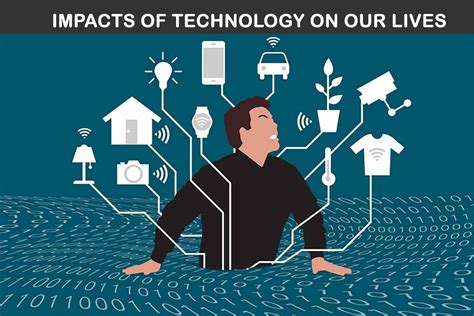The tech industry, once revered for its relentless innovation and dynamic work environments, seems to be grappling with a growing sense of **disengagement**. This palpable shift has been observed across multiple companies and roles, begging the question: Has the very essence of the tech culture shifted, or is this a temporary reaction to broader external pressures? Several factors have been identified, from the ongoing stress of the pandemic to the evolving landscape of remote work. However, many believe the problem runs deeper than surface-level explanations.
One major factor contributing to this apathy is the **lack of effective communication** in remote work settings. As one comment pointed out, ‘Lack of communication breeds lack of concern.’ This sentiment resonates with many who feel the absence of face-to-face interactions has hampered their ability to feel connected and engaged. In traditional office setups, daily human interactions provide subtle cues about coworkers’ stress levels and general well-being. These face-to-face interactions offer the opportunity to address issues in real-time, something notably absent in remote settings. Without these cues, employees find it harder to gauge their team members’ sentiment, leading to misunderstandings and unaddressed concerns.
The transition to remote work has also exposed deficiencies in **leadership communication**. In one particular scenario, a tech worker noted that persistent reliability issues were not being effectively communicated. Despite numerous alerts, engineering leadership failed to relay the gravity of these issues to the product team. This not only led to unresolved technical problems but also fostered a sense of **neglect and frustration** among team members who felt their concerns were not being properly addressed. This scenario underscores the critical need for proactive and transparent communication in a remote work environment.
This sense of apathy is not only confined to communication issues but is also intertwined with broader economic and societal changes. Many employees feel disenfranchised by the sheer **inequity** they witness. For instance, a commenter highlighted the absurd value capture at the top, stating, ‘Absurd value capture at the top, while everyone beneath is an instantly fire-able cog. If you do stay relevant, there’s age-ism to deal with after 40.’ Such observations reflect a growing disillusionment with the corporate ladder, where employees feel their efforts are disproportionately rewarded compared to the upper echelons of management. This disparity not only demotivates but also fuels a sense of futility among workers.
Moreover, the transition of once vibrant tech startups into more **corporate entities** has also played a significant role. As startups grow and evolve, they often adopt more rigid structures and processes, leading to a loss of the initial culture that drew many employees to them in the first place. One comment aptly captured this sentiment: ‘Usually, these things would also happen when successful start-ups become more corporate-like, and original leadership changes. At certain point, it’s really difficult to hold the culture that initially existed.’ This shift often results in employees feeling estranged from the mission and values that originally motivated their engagement.
Finally, the broader sense of **economic insecurity** cannot be ignored. The recent spate of layoffs across the tech industry has left many employees feeling uncertain about their future. As one commenter noted, ‘Stuck at a company with high pay that I loathe (bad leadership, focus, expecting to do 2 people’s worth of work) and searching for a year plus with barely a nibble.’ This scenario is all too common, with many employees staying in roles they dislike simply due to the lack of better opportunities. With the job market tightening and cost of living rising, the focus has shifted from passionate engagement to mere survival, further amplifying the pervasive sense of disengagement.
In conclusion, the rise in apathy within the tech industry appears to be a **multifaceted issue** rooted in communication breakdowns, leadership failures, broader societal inequities, and economic uncertainties. While addressing these issues requires a concerted effort from all stakeholders, it is clear that the tech industry must evolve to retain its workforce’s engagement and passion. Embracing flexible and effective communication strategies, promoting equitable reward structures, and preserving the original culture of organizations can go a long way in reviving the spark that once defined the tech landscape.


Leave a Reply